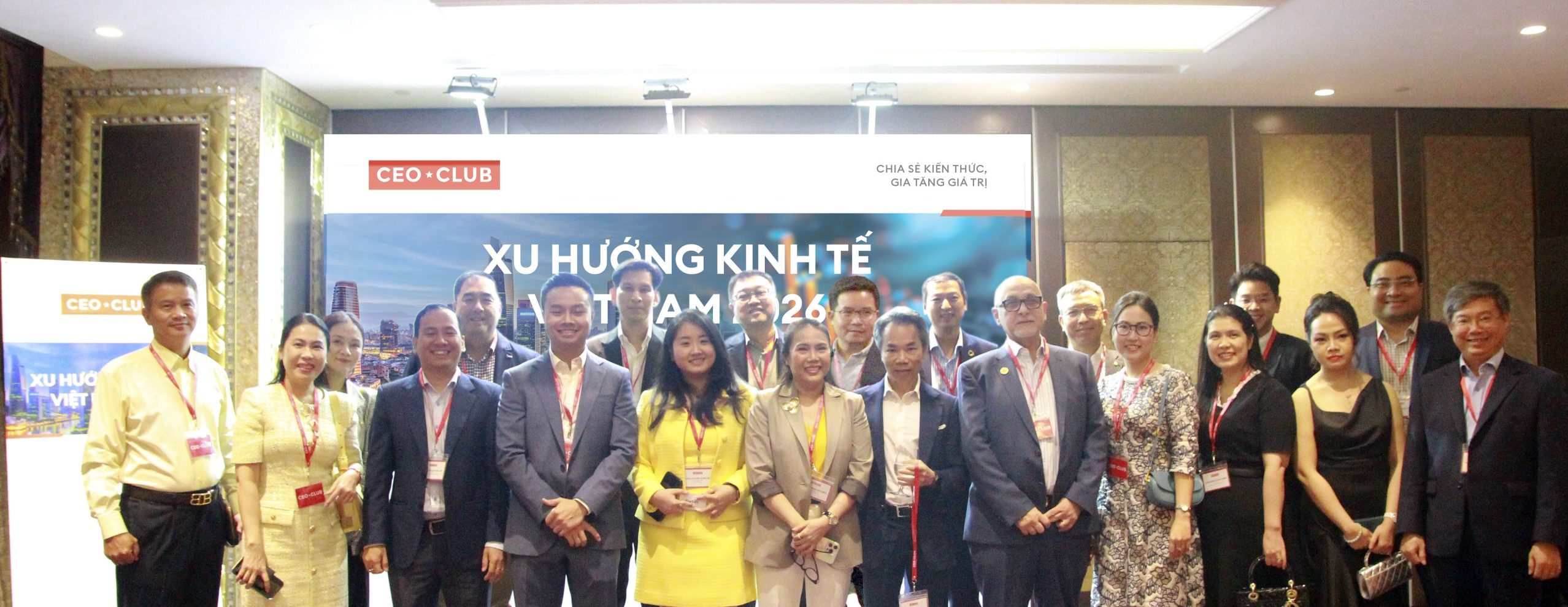Though 5.05% GDP growth last year was below the target, the economy steadily improved through the year despite the global headwinds.

Workers at garment company Dony’s factory in HCMC’s Tan Binh District. Photo by VnExpress/Quynh Tran
A director of a wood products company in Dong Nai Province said his production fell by half last year.
“We had to cut costs, restructure and find new partners. In general, we had to find every possible way to survive.”
Looking back at the year he believed his business just about survived.
It was a challenging year for the Vietnamese wood industry as demand in its major markets such as the U.S. and the EU plummeted.
Many businesses had to downsize production and even shut down.
Exports of wood and wood products decreased by 16.2% to US$13.4 billion as against a target of $17.5 billion.
Other billion-dollar export sectors, such as garments, footwear and seafood also struggled.
Fortunately, there was a revival in the third quarter.
Though minor, it was a lifesaver for businesses, the wood company director said.
The bright spots
According to experts, despite falling short of the GDP growth target, the economy grew at an incremental rate every quarter.
![[UNEDITED] 2023 in review: Vietnam economy weathers the storm](https://i1-english.vnecdn.net/2024/02/02/Year-on-year-GDP-growth-2023-9570-1706870462.png?w=0&h=0&q=100&dpr=1&fit=crop&s=N1JRimgjXAtRGLsfYuG6fA)
The agricultural sector, for long a pillar of the economy, had a successful year despite the economic downturn.
The sector has shifted from its passive state to a more proactive and innovative one to overcome difficulties, Prime Minister Pham Minh Chinh commented.
Agricultural exports grew at an impressive 17% despite the global decrease in demand, with exports of six products exceeding $3 billion each.
The prices of some key agricultural items, such as coffee and rice, saw significant increases.
The tourism industry was another that did notably well.
Thanks to various promotions, the industry exceeded its targets for both international and domestic tourist numbers, resulting in a substantial increase in revenues.
Vietnam was also honored as the World’s Leading Heritage Destination for a fourth time last year.
Public investment, another pillar of the economy, saw a significant increase of $4.5 billion (VND110 trillion) $29.09 billion.
Disbursement was also up, at around $27.7 billion being the highest level in four years.
![[UNEDITED] 2023 in review: Vietnam economy weathers the storm - 1](https://i1-english.vnecdn.net/2024/02/02/Economy-bright-spots-in-2023-7477-1706870462.png?w=0&h=0&q=100&dpr=1&fit=crop&s=L_Jr8ROfksgCGT5-94gYKA)
Many important infrastructure projects were either initiated or completed last year as a result.
Some 475 kilometers of expressways were completed, increasing their total length across the country to 1,900 km.
Construction of some major transport infrastructure projects, such as Tan Son Nhat International Airport’s terminal 3, began last year.
Meanwhile, foreign direct investment was worth nearly $37 billion with a record $23 billion being disbursed.
These figures were considered “very impressive” by the investment ministry.
Vietnam attracted foreign investors with its infrastructure, workforce and governance, with the government taking a number of measures to facilitate production and business, according to Deputy Minister of Planning and Investment Tran Quoc Phuong.
The government also engages in regular dialogues with business executives, including from foreign firms, to provide timely support, he said.
These are key factors that foreign investors look for, he added.
Besides improving its investment environment, Vietnam also focuses on foreign affairs to foster economic cooperation and attract investment in technology.
Minister of Foreign Affairs Bui Thanh Son said the country’s leaders made 22 visits to neighboring countries, important trade partners and nations with long-standing friendships with Vietnam.
There were also 28 visits by foreign dignitaries to Vietnam, including some of historical significance, such as those by Chinese President Xi Jinping and U.S. President Joe Biden.
Gabor Fluit, Chairman of EuroCham Vietnam, an organization representing European businesses in the country, said Vietnam is a rising star in the eyes of foreign investors.
The 32% increase in FDI last year is evidence of their growing confidence in the economy, he added.
Shifting away from traditional labor-intensive sectors, Vietnam has recently become a focal point for emerging industries like semiconductors and other areas of technology.
More challenges ahead
Experts said the economy suffered negative impacts from both its inherent problems and the global downturn.
Of the 2,700 businesses that participated in a recent survey done by VnExpress and the government’s Private Sector Development Committee (Board IV), more than 69% described their current situation as “negative” or “very negative.”
Nearly 73% of them plan to downsize, temporarily suspend operations or close down.
Many said they are still struggling with lack of new orders and cash flows, administrative procedures and the risk of legal complications due to outdated laws.
The government’s 2023 report also highlighted some existing challenges such as difficulties in getting credit and the sluggish real estate market.
Dealing with underperforming credit institutions and speeding up delayed projects take time due to the need to go through numerous processes and procedures.
Administrative procedures, particularly those related to investment, remain cumbersome, the report admitted.
As a result many experts and businesses have a cautious outlook for 2024 despite positive forecasts.
![[UNEDITED] 2023 in review: Vietnam economy weathers the storm - 2](https://i1-english.vnecdn.net/2024/02/02/GDP-forecast-4040-1706870462.png?w=0&h=0&q=100&dpr=1&fit=crop&s=ZknMmClsmcfF-S9nZ-hIRg)
The Central Institute for Economic Management run by the Ministry of Planning and Investment said GDP could grow by 6.48% this year in the best-case scenario.
To deal with unpredictable developments, experts said, the government should focus on developing the country’s strengths.
“Vietnam should leverage its inherent strengths, promote infrastructure projects and invest in public projects that strengthen both short- and long-term growth,” Andrea Coppola, chief economist of the World Bank, advised.
The country should also enhance productivity, he added.
Financial services provider HSBC called for improving infrastructure, the workforce and business environment to attract more investors.
Board IV, in its recent report, recommended that the government and local authorities should roll out more support policies for businesses in 2024 to foster their recovery and confidence in the economy.
In the meantime, businesses have to make their best efforts to face new challenges, it said.
The Dong Nai wood company executive said: “Just like how the economy declines quickly but recovers very slowly, businesses also require a lot of time, resources and support to recover.
“But we will not give up.”
Story by Duc Minh, Graphics by Dang Hieu (Source: e.vnepress.net)


